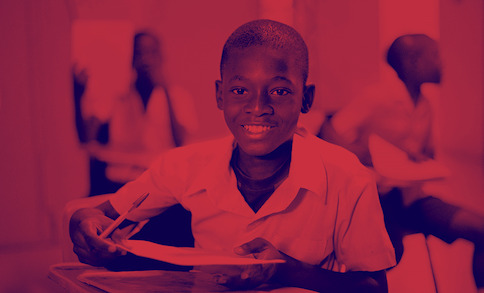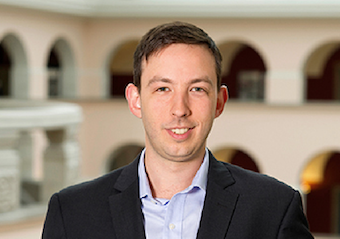

How do poor parents plan to and effectively share resources with their children over time? Understanding how parents’ plans change as they get closer to decision time can provide insight into why investments in children’s human capital are systematically low in developing countries, despite high returns.






Poor parents often make ambitious plans to invest in their children’s health or education in the future. In practice, however, such plans are often frustrated by reality. Immediate explanations for these broken promises, such as liquidity constraints, fall short, as programs that provide families with cash on hands often fail to increase investments in children. Rather, present-bias – the tendency of thinking that one will (or of wishing they would) be more patient in the future – is the leading explanation for broken promises in general and for under-investment in children in particular. The reason is that present-biased individuals make ambitious plans, counting on their future selves to fulfil those plans, only to frustrate them when the future becomes present.
In this project, we study alternative reasons for such broken promises, linked to an asymmetry in how parents treat the future when it comes to themselves and their children. In a lab-in-the-field experiment in Malawi in which parents had to share a fixed amount of peanuts with one of their children over different time horizons, we noticed that parents systematically think they will be more generous towards their children the further in the future consumption is. However, when we revisit those parents only two days later, they renege on those plans, even before the future becomes present. We call this phenomenon parent-bias.
We show that parent-biased reallocations are both common and large. Strikingly, despite ambitious plans, parent-biased individuals actually allocate less to their children in the present. Moreover, outside the lab, we document that parent-biased individuals also invest significantly less in their children’s health and education relative to other parents, even holding constant the extent to which they care about their children’s future.
We also test different mechanisms with the potential to mitigate parent bias: reminding parents of their previous plans by the time we revisit them and offering them the opportunity to commit to their original plans. Disappointingly, framing allocation decisions does little to mitigate reallocations, and parent-biased subjects actually demand commitment to a lesser extent than other parents.
The loop: Under-investment in children’s health and education.
Breaking the loop: Documenting a new mechanism for why parents often renege on promises to invest more in their children in the future informs the design of new instruments – from school meal plans to earmarked savings accounts – with the potential to increase those investments.
Parental Investment in Children
This project studies how poor parents in Malawi make decisions to invest in their children’s health and education, with the goal of understanding why those investments are so low in the country.
- StatusConcluded
- CountryMalawi
- Program areaNo Poverty, Health Wellbeing, Education, Industry Innovation Infrastructure, Reduced Inequalities, Partnerships
- TopicsLinkages, Information, Trust
- PartnersUNICEF Malawi, IPA
- Timeline2017
- Study typeRandomized Evaluation
Research Team

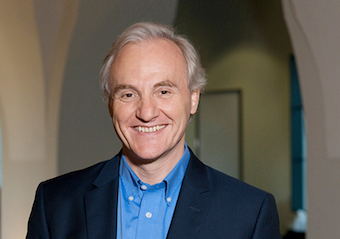

Maite Deambrosi
UZH
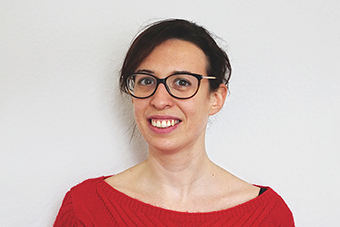
Similar
Child Development Study
Longitudinal Study on Child Development Based on Wearable Technologies.
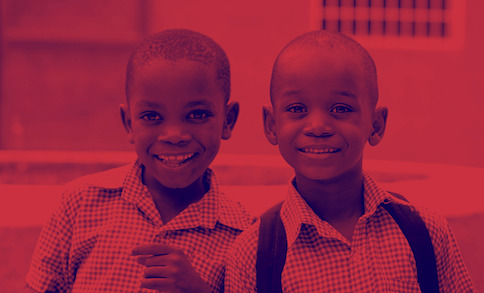
School Closures and Reopening in the Pandemic
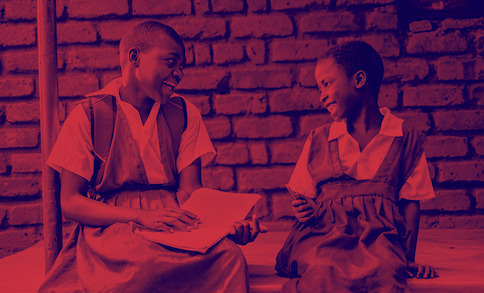
Preventing Student Dropouts in the Pandemic
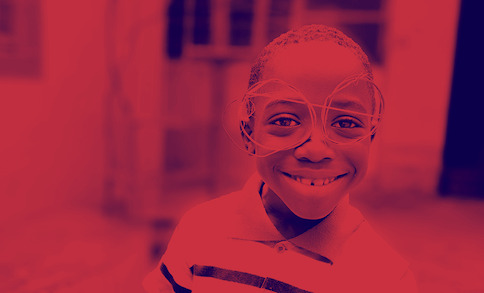
The Growth Mindset Project
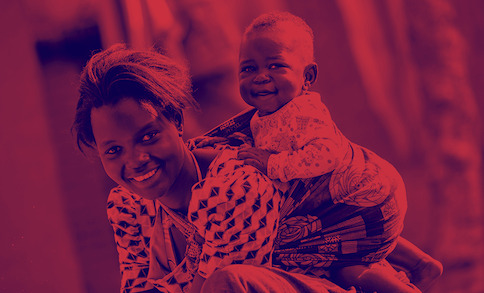
Preventive Health Care in Malawi
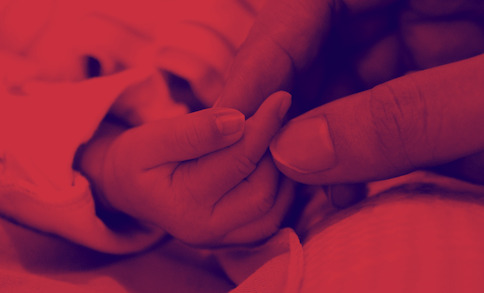
Sex-Selective Abortion in Armenia
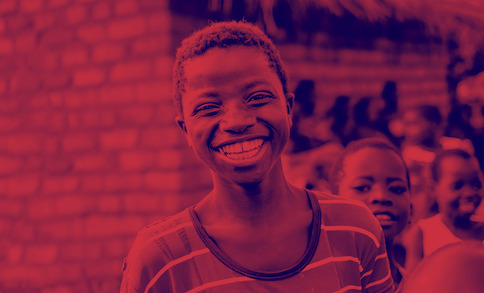
Harmful Practices against Girls in Malawi
